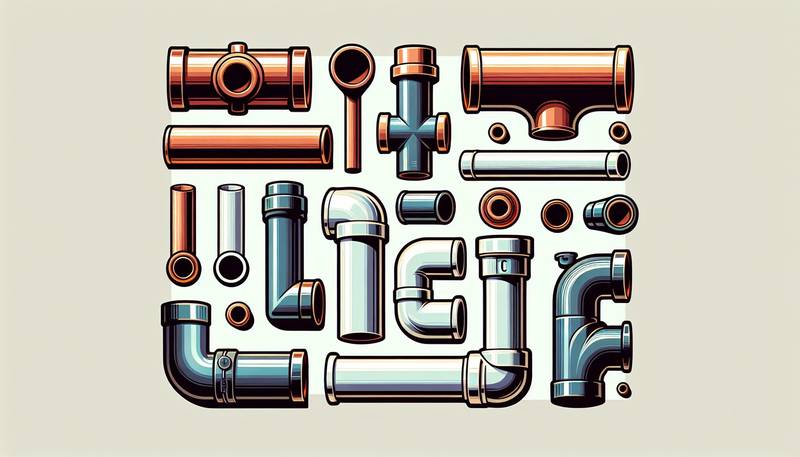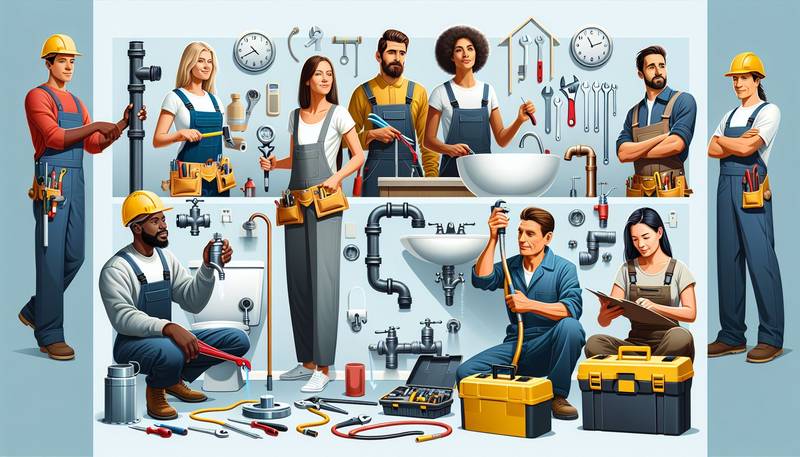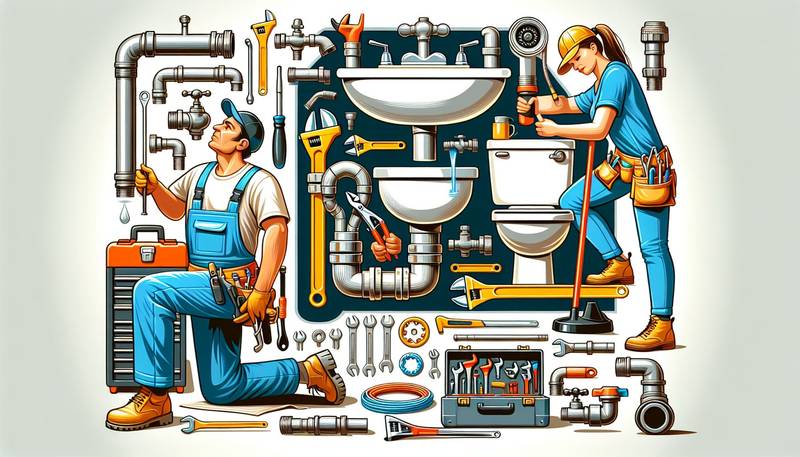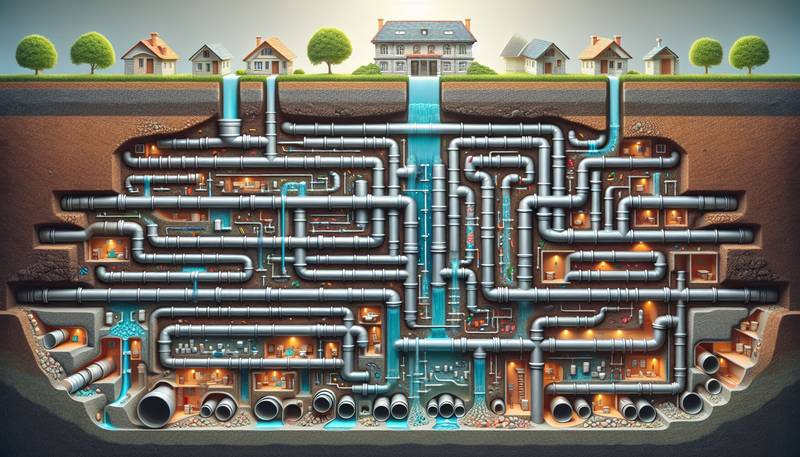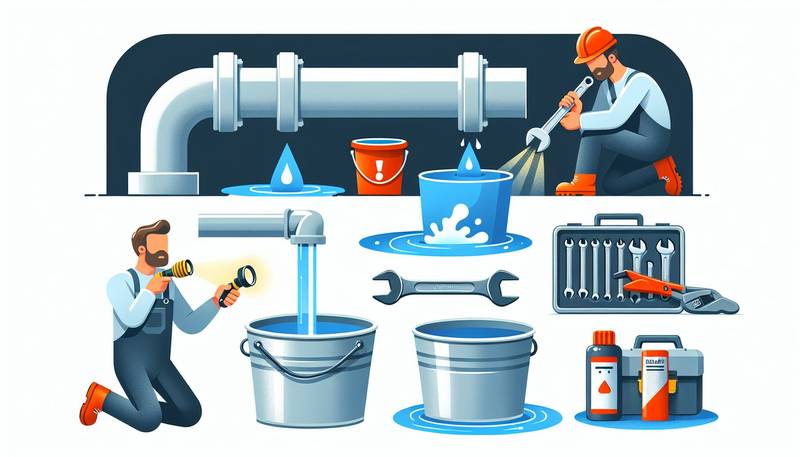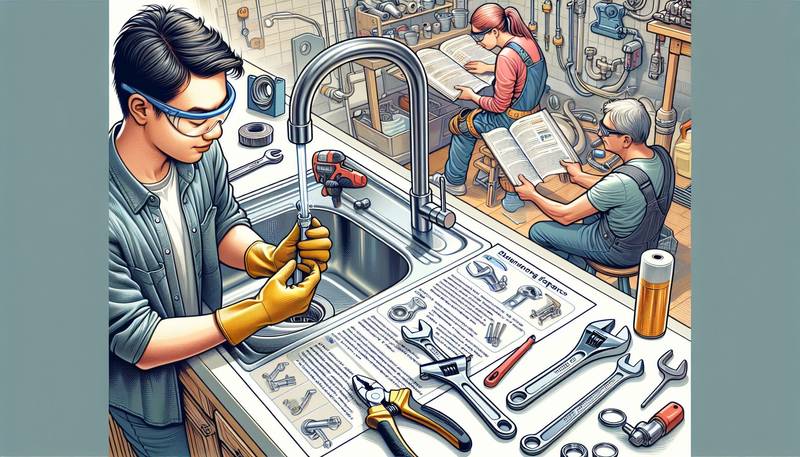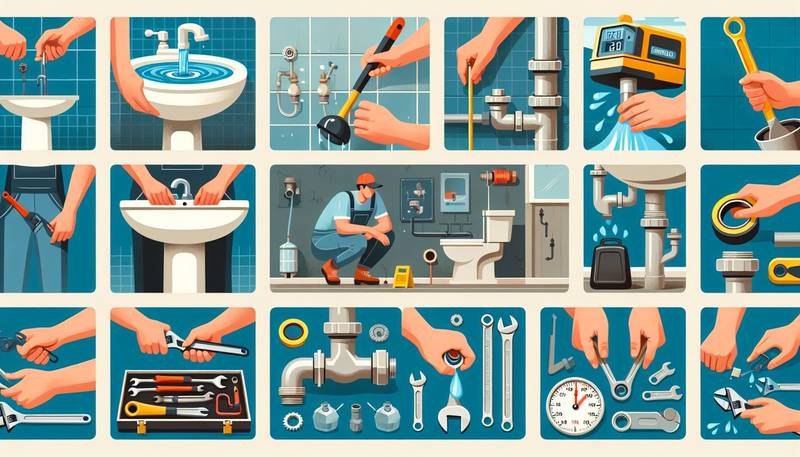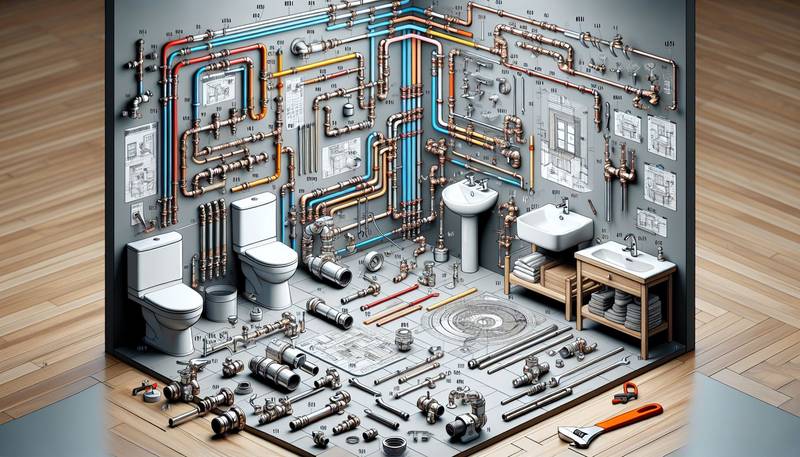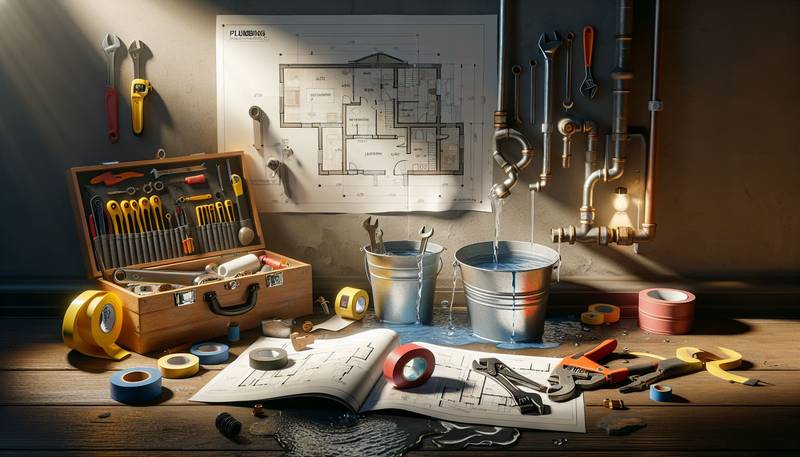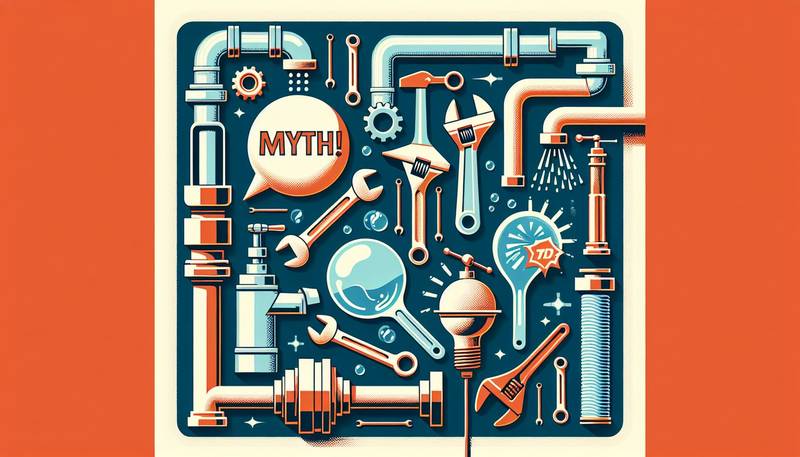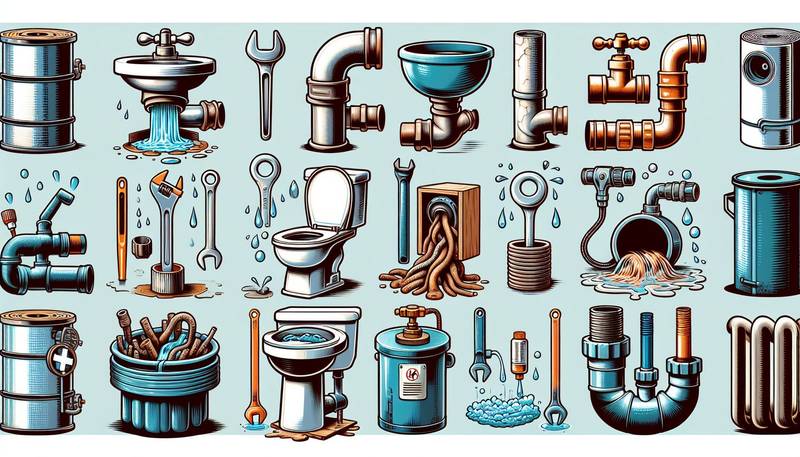The Pros and Cons of Different Types of Plumbing Pipes
In this article, we will explore the various types of plumbing pipes commonly used in residential and commercial settings, detailing the advantages and drawbacks of each.
Cast Iron Pipes
Cast iron pipes have been widely used for decades in plumbing systems due to their durability and longevity. These pipes are known for their resistance to corrosion and their ability to withstand high pressure and temperature. However, one major drawback of cast iron pipes is their weight, making them difficult to install and repair. Additionally, cast iron pipes can be prone to rusting over time, leading to potential leaks and blockages in the system.
Copper Pipes
Copper pipes are a popular choice for plumbing systems due to their excellent conductivity and resistance to corrosion. These pipes are relatively easy to install and have a long lifespan, making them a cost-effective solution in the long run. However, copper pipes can be more expensive upfront compared to other types of plumbing materials. Additionally, copper pipes are prone to pinhole leaks, especially in areas with high levels of acidity in the water supply.
PVC Pipes
PVC pipes are a common choice for plumbing systems in residential and commercial settings due to their affordability and ease of installation. These pipes are lightweight, making them easy to handle and transport. PVC pipes are also resistant to chemicals and corrosion, making them a durable option for water and waste systems. However, PVC pipes can become brittle over time, especially in extreme temperature conditions, leading to potential cracks and leaks.
PEX Pipes
PEX pipes are a relatively newer addition to the plumbing market, gaining popularity for their flexibility and ease of installation. These pipes are resistant to freezing and corrosion, making them an excellent choice for cold weather climates. PEX pipes are also cost-effective and can be installed using fewer fittings, reducing the risk of leaks in the system. However, PEX pipes are not suitable for outdoor use as they can degrade when exposed to UV light.
Galvanized Steel Pipes
Galvanized steel pipes were once a common choice for plumbing systems due to their strength and durability. These pipes are coated with a layer of zinc to prevent corrosion, making them suitable for both water and gas applications. However, over time, the zinc coating can wear off, leading to rust and corrosion of the steel pipes. Additionally, galvanized steel pipes can be heavy and challenging to work with, requiring specialized tools for installation and repair.
In conclusion, each type of plumbing pipe comes with its own set of advantages and drawbacks. When choosing the right plumbing material for your project, it is essential to consider factors such as cost, durability, ease of installation, and maintenance requirements. By weighing the pros and cons of different types of plumbing pipes, you can make an informed decision that meets the specific needs of your plumbing system.
